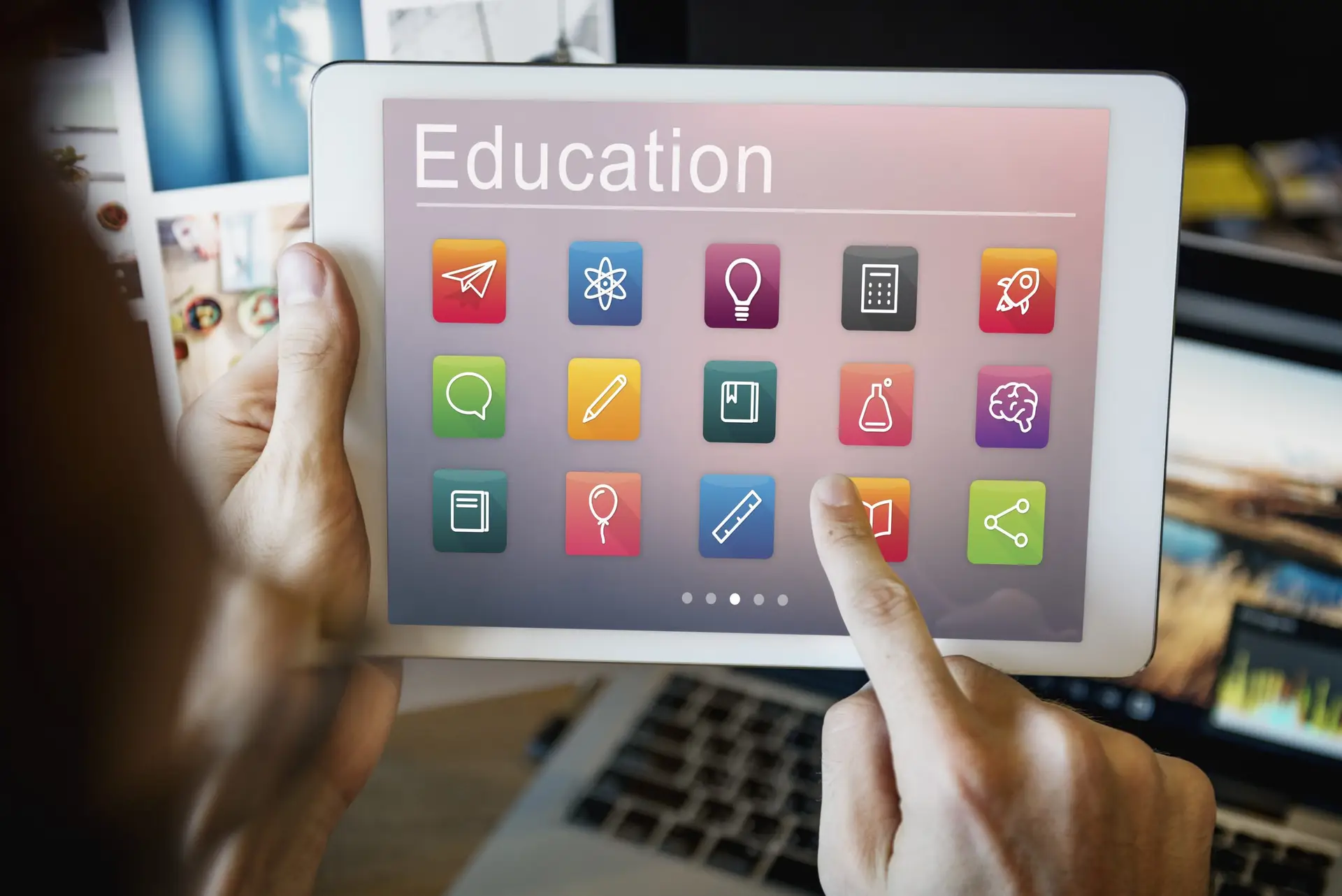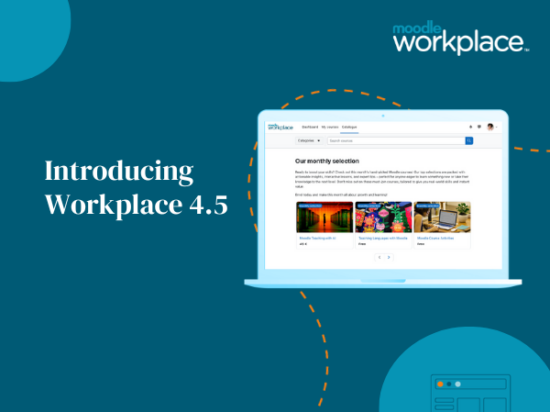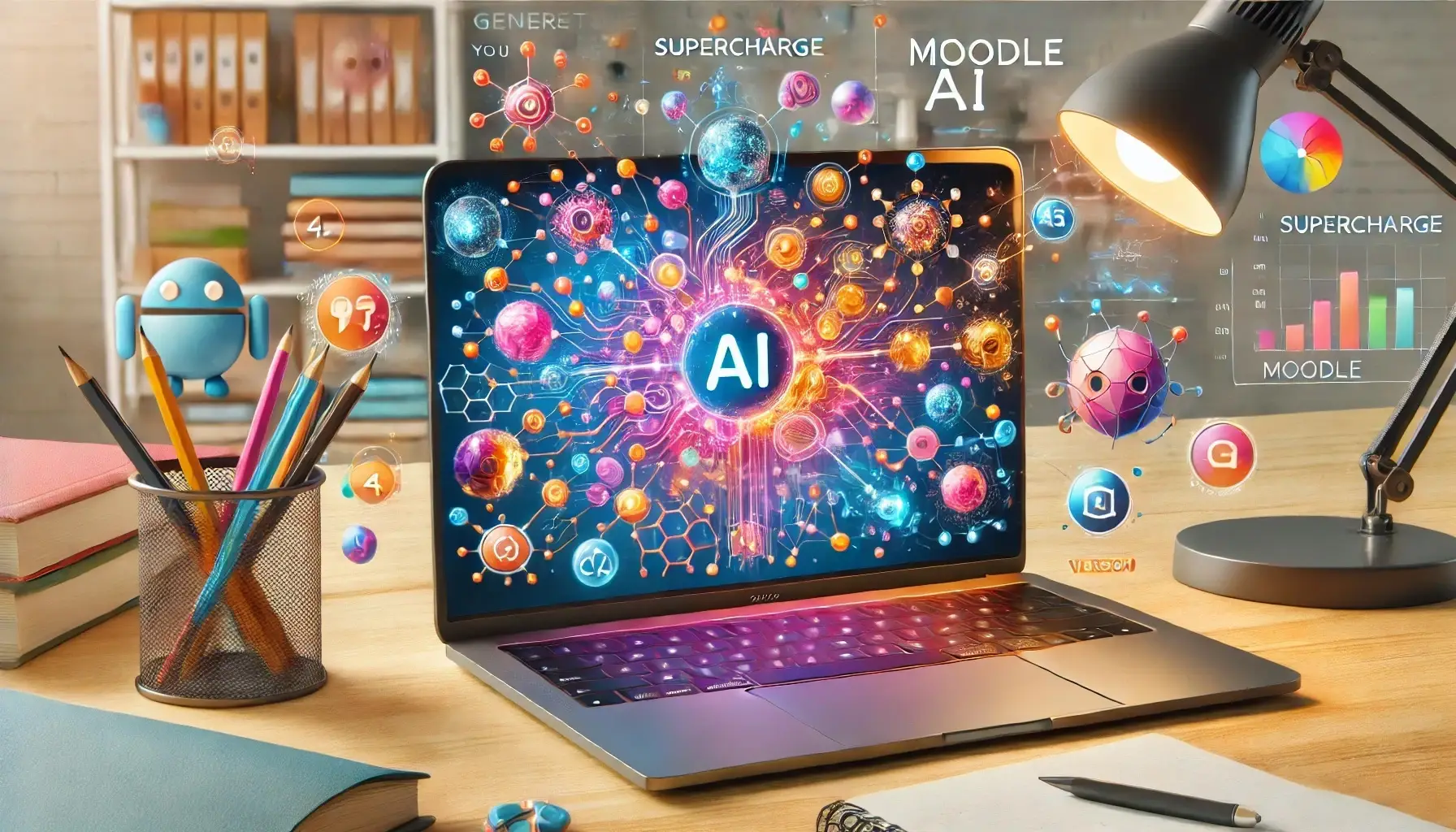Self-directed learning is a process in which individuals take the initiative, with or without the help of others, in diagnosing their learning needs, formulating learning goals, identifying human and material resources for learning, choosing and implementing appropriate learning strategies, and evaluating those learning outcomes.
Malcom Knowles
In the modern workplace, employees prefer to have more control over their learning, including pace and timing, resource selection, and even the exact knowledge and skill on which to focus.
Employers, too, recognise the value of self-directed learning as organisational performance tends to be greater. To foster a culture of self-directed learning in your organisation, it is necessary to look closely at the learners ability for self-efficacy, self assessment and resourcefulness.
Self efficacy is not only a gauge of a person’s abilities in a particular area but also a powerful influence on choice and effort for learning. A lack of self-efficacy can get in the way of learning by influencing people to give up too easily while an over abundance can lead them to persist down unhelpful paths.
Consider as well that people may have beliefs about the degree to which they can learn from various modalities (e.g. blended, video, or online). Such beliefs can hold people back from engaging with specific kinds of resources regardless of how effective they might be.
For self directed learning to work, people have to be able to identify their learning needs, translate them into specific goals, and assess if they have learned what they needed to. That takes self-awareness and good judgment. Often the trigger for learning is a change in job roles, having difficulty with required activities, or a desire for new opportunities. Employees and students can be supported by assessments and feedback tools to pinpoint specific opportunity areas for learning.
Resourcefulness encompasses a personal learning network for self-directed learning and requires an advanced understanding of tools and modes of communication online. Managing learning requires a degree of digital resourcefulness for navigating the internet and interpersonal savvy for finding the human connections that can serve as guides.
The ability to direct one’s own learning is dependent on the subject matter and an individual may be capable in one area but need far more support in another.
However, self learning can be supported and developed through learner-defined syllabi and goals, collaborative projects, reflection activities, problem-based learning, connected learning, social learning and other approaches that support the development of independent learning skills.







